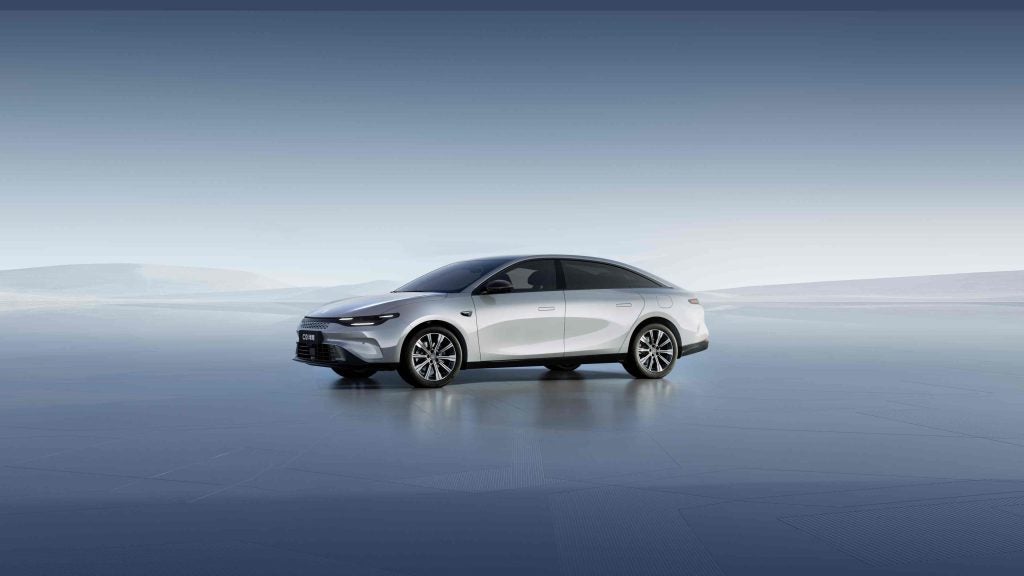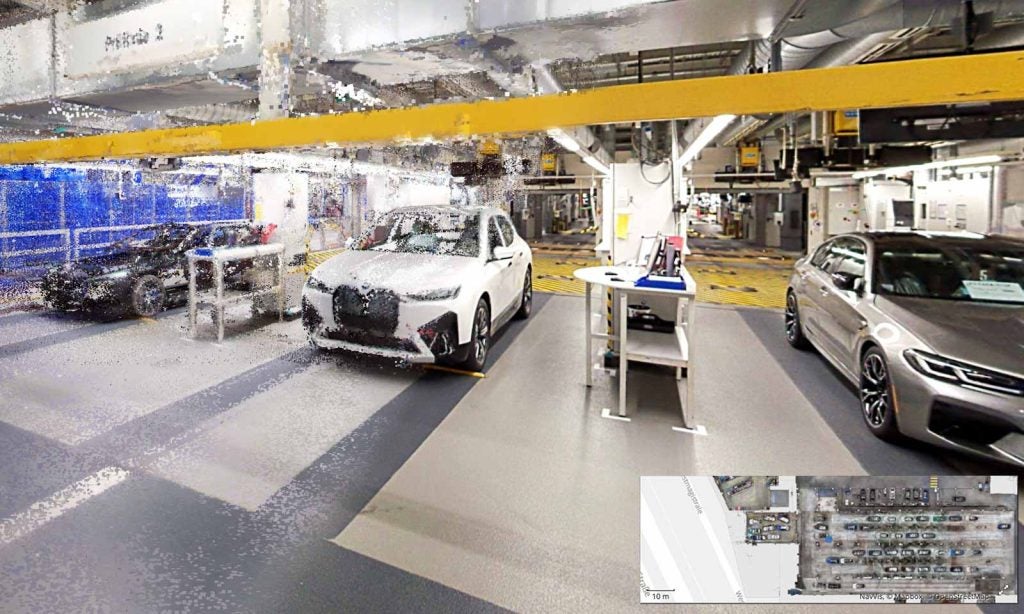Stellantis Ventures, the corporate venture fund of Stellantis, has announced its participation as a strategic investor in Tiamat, a France-based company that is developing and commercialising sodium-ion battery technology.
Stellantis says sodium-ion technology offers a lower cost per kilowatt-hour and is free of lithium and cobalt. Abundantly available sodium offers benefits in increased sustainability and material sovereignty, the company maintains.
Tiamat was one of 11 top-performing technology start-ups to receive a Stellantis Ventures Award in 2023, and Stellantis says is ‘the first company in the world to have recently commercialized a sodium-ion technology in an electrified product.’
The investment supports Stellantis’ mission to provide clean, safe and affordable mobility to customers around the world. Sodium-ion technology holds the promise of a more cost-effective energy storage compared with today’s widely used lithium-ion battery technology.
“Exploring new options for more sustainable and affordable batteries that use widely available raw materials is a key part of our ambitions of the Dare Forward 2030 strategic plan that will see us reach carbon net zero by 2038,” said Ned Curic, Stellantis Chief Engineering and Technology Officer.
“Our customers are asking for emissions-free vehicles that offer a combination of robust driving range, performance and affordability. This is our North Star, as Stellantis and its partners work today to develop ground-breaking technologies for the future.”
How well do you really know your competitors?
Access the most comprehensive Company Profiles on the market, powered by GlobalData. Save hours of research. Gain competitive edge.

Thank you!
Your download email will arrive shortly
Not ready to buy yet? Download a free sample
We are confident about the unique quality of our Company Profiles. However, we want you to make the most beneficial decision for your business, so we offer a free sample that you can download by submitting the below form
By GlobalDataShifting to electric propulsion is a key pillar of Stellantis’ Dare Forward 2030 strategic plan. It includes reaching a 100% passenger car battery electric vehicle (BEV) sales mix in Europe and 50% passenger car and light-duty truck BEV sales mix in the United States by 2030. To achieve these sales targets, Stellantis is securing approximately 400 GWh of battery capacity. Stellantis is on track to become a carbon net zero corporation by 2038, all scopes included, with single-digit percentage compensation of remaining emissions.
Supporting that ambition, Stellantis says it has secured supplies of EV raw materials through 2027 by signing key agreements around the world. Stellantis is also investing in the development of alternative technologies for energy storage, including solid-state batteries with Factorial Energy, lithium-sulfur chemistry with Lyten Inc. and sodium-ion with Tiamat.
Tiamat is a spin-off of the French National Centre for Scientific Research (CNRS) and is leveraging its best-in-class innovations. The company will use proceeds from the fundraising round that includes Stellantis Ventures to launch construction of a sodium-ion battery plant in France for power tools and stationary storage applications first, and then targeting to scale-up production of second-generation products for BEV applications.




